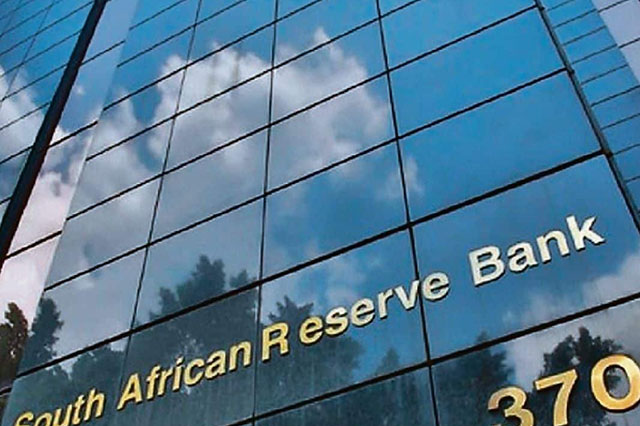Cape Town – The South African Reserve Bank has reportedly issued a warning about potentially dire consequences if the country faces censure due to its position on Russia’s invasion of Ukraine.
According to Bloomberg News, the bank said that secondary or indirect sanctions could be imposed on South Africa, leading to a sudden halt in capital inflows and increased outflows.
The financial system of the country would be severely affected if its ability to make international payments in dollars is hindered, as over 90% of South Africa’s international payments are processed through the Society for Worldwide Interbank Financial Telecommunication system (SWIFT), the report said.
“Should South Africa be banned from SWIFT as a result of secondary sanctions, these payments will not be possible,” the report quoted Herco Steyn, the lead author of the report as saying.
The country has maintained a non-aligned stance towards the war in Ukraine and has abstained from several United Nations votes condemning Russia’s actions.
However, its neutrality has been called into question, with accusations that it supplied weapons to Russia. The resulting diplomatic controversy raised concerns about potential risks to trade and caused the value of the rand to reach a record low against the dollar.
ALSO READ | #LadyRussiagate: Ramaphosa appoints panel to probe allegations
The threat of sanctions alone could subject South Africa’s financial institutions to increased scrutiny by foreign counterparts, leading to the derisking of the country.
The row “could further exacerbate declining domestic financial market depth and liquidity and further erode investor confidence and sentiment if considered alongside the Financial Action Task Force greylisting and the country’s inability to arrest the growing prevalence of load shedding”, Steyn said, referring to the local term for power cuts.
The South African economy has been severely affected by various negative factors in 2023. The country is experiencing its most severe power cuts, resulting in a significant increase in costs for businesses and households.
In February, South Africa was placed on the greylist by the Financial Action Task Force (FATF), an international organization focused on combating financial crimes such as money laundering and terrorism financing. This move by the FATF aimed to compel South Africa to implement stricter standards in these areas, BusinessDay reported.
The combination of the FATF greylisting and unfavorable local economic conditions has led to a decline in foreign investment in South African government bonds. According to the Bank’s Financial Stability Review (FSR), foreign participation in these bonds has decreased from 42% to 25% over the past five years.
Sanctions on SA would make it “impossible to finance any trade or investment flows, or to make or receive any payments from correspondent banks in dollars”, the report said.
Follow African Insider on Facebook, Twitter and Instagram
Picture: Twitter
For more African news, visit Africaninsider.com
Compiled by Betha Madhomu


